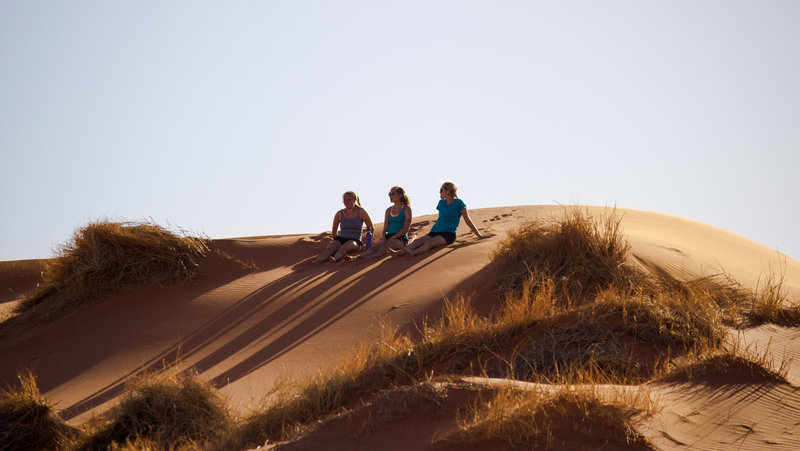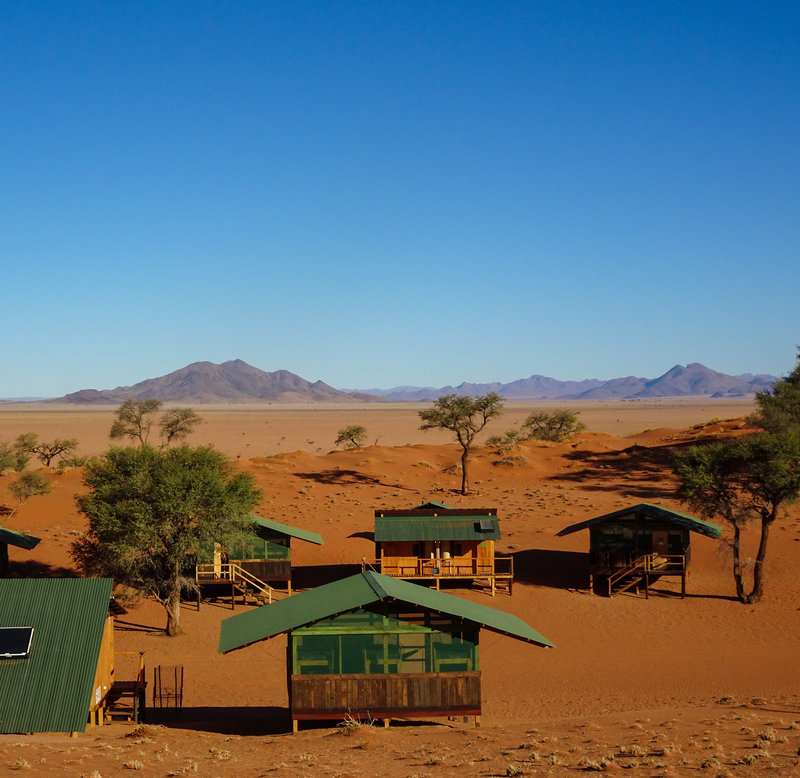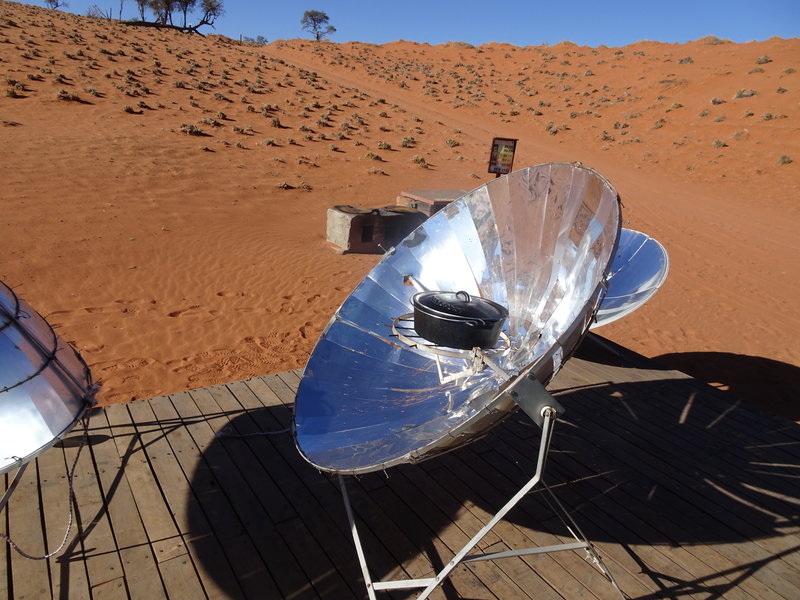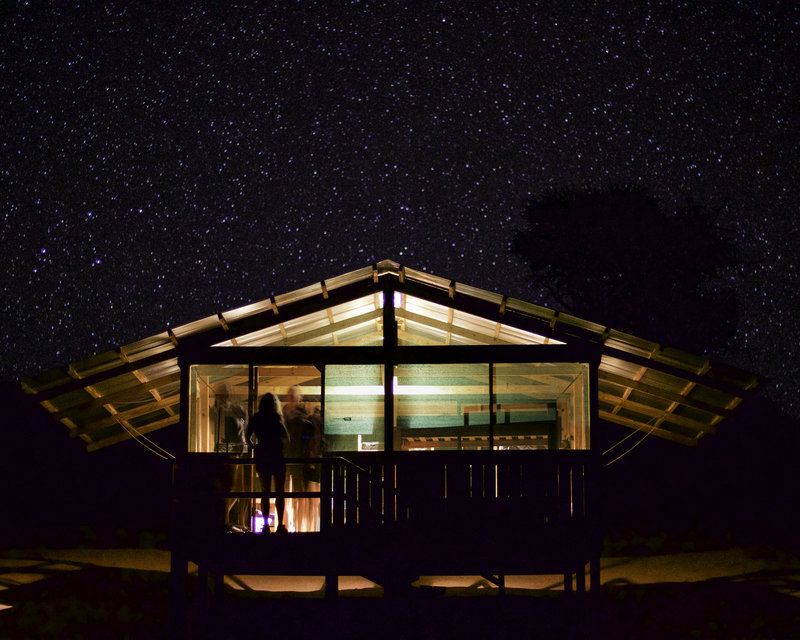Author: Keith Nagel
Location: Windhoek, Namibia
Living off the grid isn’t just for doomsday preppers and Bond villains. For roughly a quarter of the worlds population living without access to electricity, it is an every day struggle. Although it is usually a novelty or unfortunate economic reality for many, living off the grid can actually be a good thing. This is one of the many realization I had while staying at the NaDEET desert camp in the Namib desert of Namibia. The camp’s focus was to educate us students on sustainable practices in almost every aspects of their lives.
During our stay at the camp, our food was cooked by the sun in solar ovens, our electricity was provided by solar panels, and our water was strictly monitored. The unfortunate reality is that for dry countries like Namibia, these practices may not just be a option but a means of survival in the near future. Developing countries are disproportionately affected by climate change, and Namibia is already struggling to provide enough water to its growing population.
While traveling in new places, I have always thought that it is important to learn about the physical land itself. Studying abroad is an amazing opportunity to do so because chances are you’ll be learning in a completely new environment that welcomes some exploring. Living sustainability and off the grid in the Western world should not just be a way of life reserved for people who drive Prius’ and organically source their kale chips. Tech leaders like Elon Musk of Tesla are already planning of a world where a home’s roof tiles will power the family car and the rest of the house fully off any grid. This trip was so influential to me because it motivated me to take an honest reflection on my practices and understanding of global impacts. If we are one day able to realize the dream of tech geniuses and conservationists, the results may be just as magical as the stars in the light free Namibian night sky.




Leave a Reply